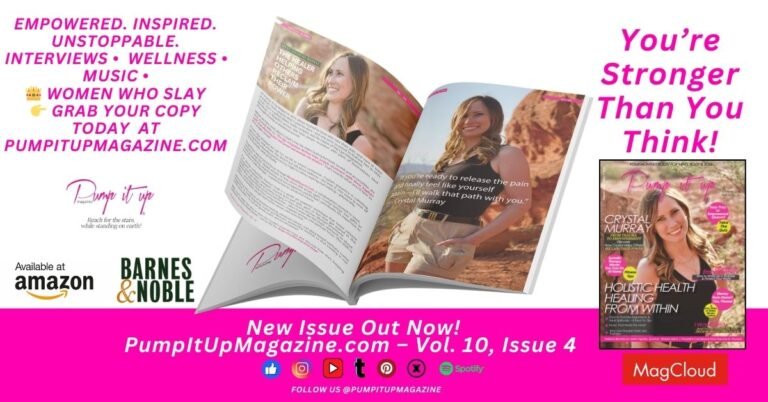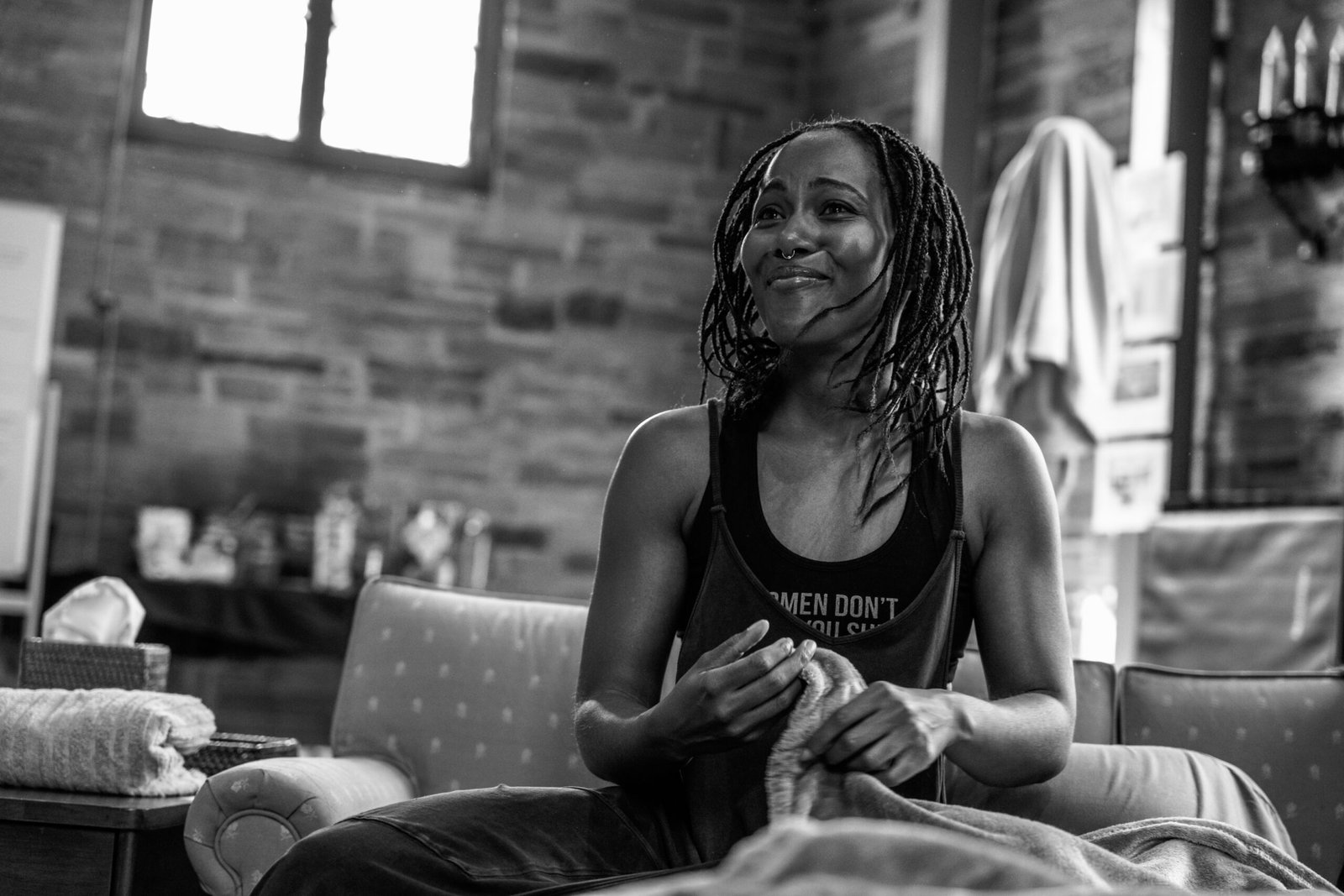However, if you long to be the next Hans Zimmer, John Williams, or Ennio Morricone, your career forecast doesn’t have to be all doom and gloom. The increasing popularity of video games has added more opportunities to the usual film/TV/commercial composing game. Plus, many talented Composers find work in related fields, which can provide them with a steady income while they’re initially making a name for themselves, and might even turn out to be the perfect job for their talents. To learn how aspiring Film Music Composers can set themselves up to succeed, we spoke with Daniel Carlin, Director of the Scoring for Motion Pictures and Television program at the University of Southern California’s revered Thornton School of Music. A thirty-year industry veteran with a decade’s worth of teaching experience, Carlin is a Music Supervisor, Conductor and Emmy-winning Music Editor who has worked on Academy Award-winning films like The Black Stallion, The Last of the Mohicans, An Officer and a Gentleman and Days of Heaven, to name just a few. We started our interview by asking Carlin to explain the work that goes into writing music for the screen, behind-the-scenes.
What are the different job positions involved in the film music industry, and how do they all work together?
[Before a film is fully finished], the Director wants to show the film to the Producer, the studio or the money backer but doesn’t want to show it without music. A Music Editor would be hired to put in temporary music. We would use [an old] score as a library source to put music in this new movie. It’s going to be there temporarily — just for the screenings — because the Composer will be hired to write the score. That’s why it’s called a temp score. Some people will talk about it being “temp” as in “template”; what a smart Composer does is mimic it in a way, because the Director obviously likes it. One of the major challenges Composers have these days versus the old days is walking that line between paying attention to the temp track but still adding your own voice.
The Music Editor traditionally focuses on helping the Composer prepare for the score, so the first thing the Music Editor does is do all the timing notes. If you’re a Composer and you want to have a written record of where all the cues start and end and the important points within the cue, (you know, if the Director says ‘I want to make sure you emphasize the gun shot’) the Music Editor is taking those notes down. Technology is changing it a lot. [Often] Music Editors don’t have to type up notes anymore because [now] the Composer only needs to know where the music starts and they can put in the points they want.
Composers write the music and ship it to the Music Editor, who prepares the film for the scoring session, where we put punches and streamers and colors and all kinds of stuff on it to help the Conductor match up where all the sync points are. Then at the scoring session, the Music Editor makes sure that stuff runs correctly and coordinates with the Engineers. After the session the Music Editor will sit with the Engineer, supervise the mixdown of the tracks, load it all into Pro Tools and take it back to the studio. Meanwhile the Film Editor is still making changes and shipping new versions to the Music Editor, who now has to cut the music up so it matches the new cut and maintain the integrity of the score while making those changes.
They go to preview [screenings], come back, and based on the notes from the studio and the audience, they’ll make changes. Again, the Music Editor makes those edits so it still works and makes sense. [The Music Editor also] fills out the cue sheet for licensing because that’s how a Composer gets royalties.
“I’ve told my students the key to success is to work hard, be nice and get lucky. The get lucky part is just being in the right place at the right time. As Samuel Goldwyn said, ‘The harder I work the luckier I get.’” — Daniel Carlin, Director of the USC Scoring for Motion Pictures and Television program
What type of personality does it take to succeed as a Screen Composer?
Someone who realizes the film is more important than the music. Imagine you’re a Composer and you’re very proud of the work you do. People have been telling you all your life what a great writer you are and now you go work on a movie and you do some mockups of your first cues. The Director hates it.
You have to be able to not get distressed, but to kind of embrace the challenge of making it better. I’ll give you an example. I saw Hans Zimmer one time with a Director, playing back cues. Halfway through a cue Hans stops it and says, ‘You know, this cue’s not working for me. Let me redo this one and we’ll come back to it later.’ He didn’t even wait for the Director to say ‘That’s not working.’ So the Director’s reaction is ‘This guy’s more concerned about my film than he is about the music. I love this guy!’
Guys like that are able to hang onto the same filmmakers over and over again, because they’re such a pleasure for them to work with. They have confidence the Composer’s number one priority is making the film better, not showing off how many notes he or she can write.
You need the personality where you don’t get ruffled easily. You can make changes quickly. It’s expensive to have ninety players sitting on a stage while you’re rewriting a cue. You’re talking about thousands of dollars just going by. So people who can communicate well, can react quickly, are a pleasure to work with, those are all things a Screen Composer should be.
What do you wish more students knew before going into a film music education program?
There are probably around 200 students (between undergrad and graduate students) who receive degrees every year in screen composition, around the world. There are not 200 jobs waiting for them. They need to know that going in.
One of my very best students told me today he’s been offered a job by a really respected Composer to serve as a Copyist for him on a show he’s doing. What’s he doing is preparing the notes and the parts for the musicians and the Conductor. My student is over the moon because this is a great introduction. But you don’t need composition skills to do notation. You do need notation skills, so we need to take part of our time to teach them about notation, Pro Tools, mixing, doing mockups and sequencing. That’s related to composition but it’s not the art form. It’s more about the craft part.
What’s going to happen is this Composer’s going to go ‘I made the right choice. This guy is really good at this. I’m going to give him some cues to orchestrate.’ He’s going to orchestrate them well and the Composer’s going to say ‘This guy’s really talented. I’m going to give him a cue to write.’ He’ll say ‘Take my theme and adapt it to this one minute twenty-eight second cue here.’ So the skill our young Composer needs is to be able to adapt somebody else’s theme, not come up with his own theme, which is part of the stuff you learn in composition. We, as educators, need to be able to prepare people to get those jobs so they eventually can evolve into becoming Composers.
This is a business where you’re never going to see an ad in the paper saying ‘Warner Bros. is seeking a film Composer for their next Batman movie.’ It doesn’t work that way. What happens is somebody recommends you. We talk about how important the impression is you leave on people and how you attend any event you can. If anyone ever asks you to do something, you say yes. You never know who’s watching when you have the opportunity to impress somebody.
But it is a ‘catch as catch can.’ I’ve told my students the key to success is to work hard, be nice and get lucky. The get lucky part is just being in the right place at the right time. As Samuel Goldwyn said, ‘The harder I work the luckier I get.’ You’re not going to get a job by sitting home and writing. You need to be out mixing and meeting people and getting people to hear your music. You’re going into the business of being your own CEO, setting up your own company. It takes most people between five and ten years once they get out of a program like this before they’re making a living where they’re not having to worry about paying the mortgage or the rent. It’s not easy.
How can students find the film music degree program right for them?
If you want to study something in the entertainment industry, you should go where it is, because that’s where you’re going to meet people and they’ll recommend you for jobs or they’re going to hire you. When you’re talking about the film and television business, if you’re not in New York or Los Angeles, it’s a bit of a stretch.
[Here], we have access to Composers who can teach part time for us. What’s really unique about our program, to me, is we have about a dozen recording sessions every year and they’re all with professional musicians. Our students are meeting these people and getting feedback. I have students who have gotten jobs because some studio players have recommended them to other Composers because of what they’ve seen from working with them here. You can’t get that if you’re not in a town where this work is going on.
If you came to me and you said ‘I want to study in the best program. Where should I go?’ My response to you, even though I run this program and like to think it’s the best program, my question to you is, ‘Where do you want to work? Where do you intend to live once you finish studying?’ If you say to me ‘Well, I love the edgy stuff in New York,’ then I’ll say to you ‘Go to the program at NYU and study there because you’re going to meet people on day one and by the time you finish, after two years you’re going to have a bunch of connections and be able to get work there. But if you study here and move to New York, you’re going to compete with people who’ve already been there for two years building their network and getting breaks while you’re starting fresh. That’s why you want to go to LA or New York, or London or Mumbai where they make more films than we do in Hollywood.
“If anyone ever asks you to do something you say yes. You never know who’s watching when you have the opportunity to impress somebody.” — Daniel Carlin, Director of the USC Scoring for Motion Pictures and Television program
What’s the biggest mistake you see people making when starting out in their careers?
The most disastrous mistake I observe is when people are not easy to work with. Bill Ross, a really terrific Composer, Orchestrator and Arranger, talks about making yourself light. You cannot talk to anybody in this community whose career wasn’t significantly helped by somebody who gave them a break, who introduced them to somebody or hired them when they were new. Bill says if you make yourself light so you’re easy to lift, people are happy to help you. I work with a very famousRecord Producer and Composer who called me one day and was referring to an Orchestrator he’d worked with for awhile. He said, ‘You and I both know this guy is a really great talent but I can’t stand working with him a minute longer. Who else is there out there?’ The guy who got the gig is now hugely successful. The guy who was a pain in the ass is not working. People go ‘You know what? There are too many nice people who are talented. Why do I want to work with someone who’s not nice?’
What’s your biggest suggestion to people interested in working in film music?
If you ask a hundred people my age what we’re doing today versus what we thought we were going to be doing when we were in college, you’ll find very few people who will say ‘I knew exactly what I was going to be doing and I’m doing it.’ Things happen and you adapt to them. We have a guy who teaches notation here (music prep is the other name for it). He wanted to be a Composer and went to Berklee College of Music, worked really hard. He came out here. Someone asked him if he would do some notation on a project. Somebody else asked him and he said before he knew it, he had twelve people working for him, doing notation. ‘I was always going to be a Composer,’ he said. “But I’m not. I’m doing notation and making a really good living, working with the best Composers in the business. I get to record at Fox, Sony, Warner Bros. and Abbey Road in London.’
I think the idea is you pick a passion, train for it, then leave yourself open to help in any way you can. Study hard. Be open and don’t say no.
https://www.careersinmusic.com













